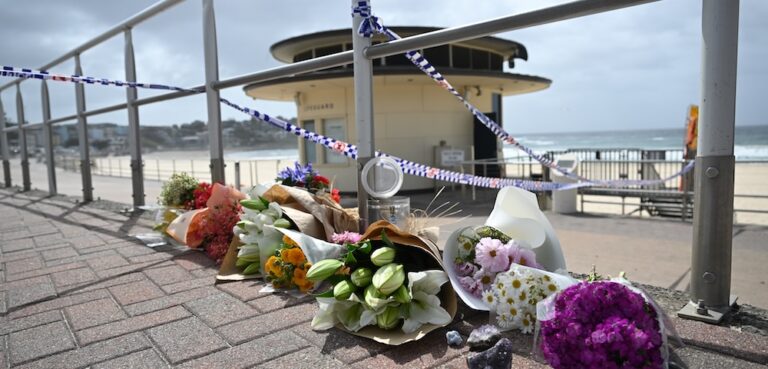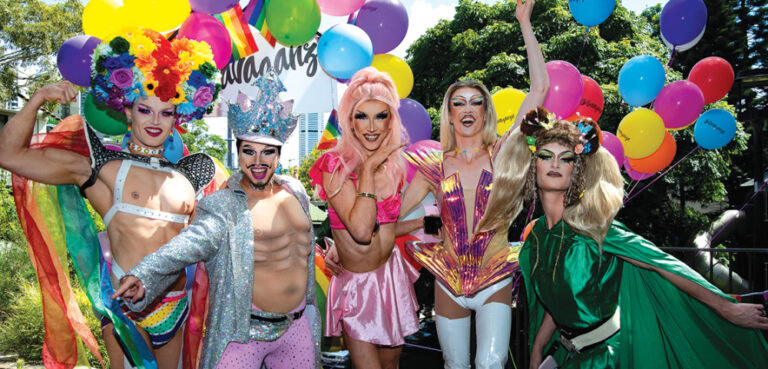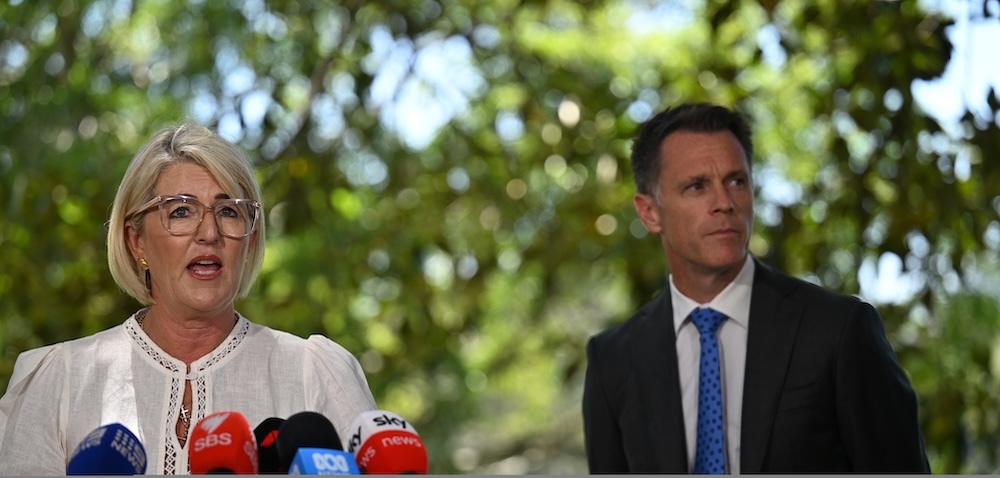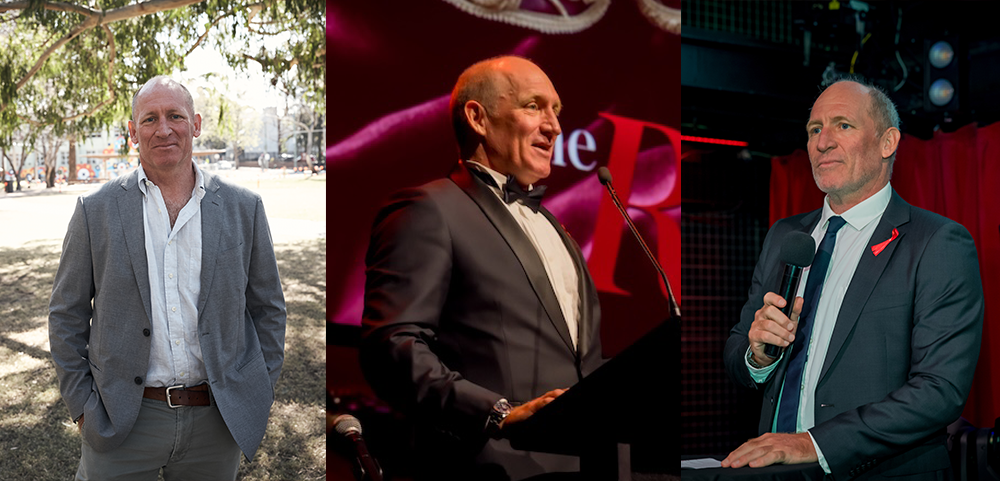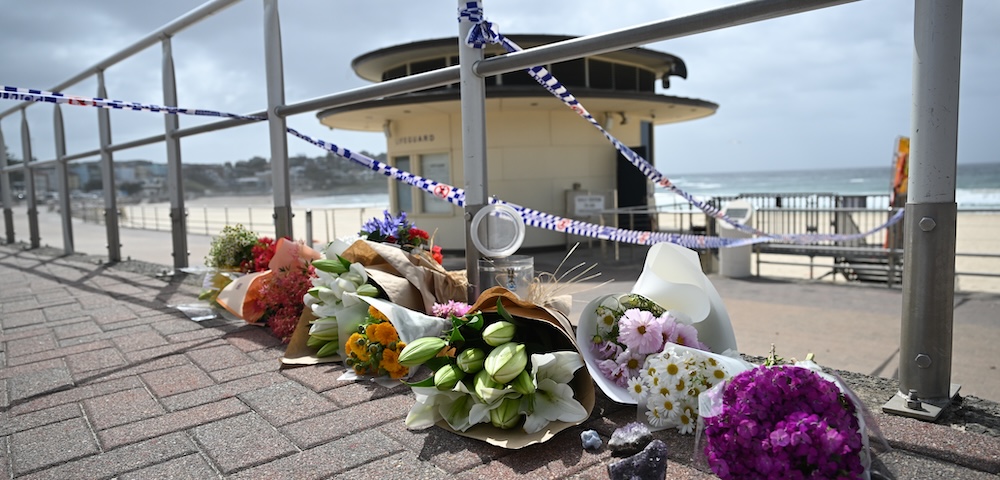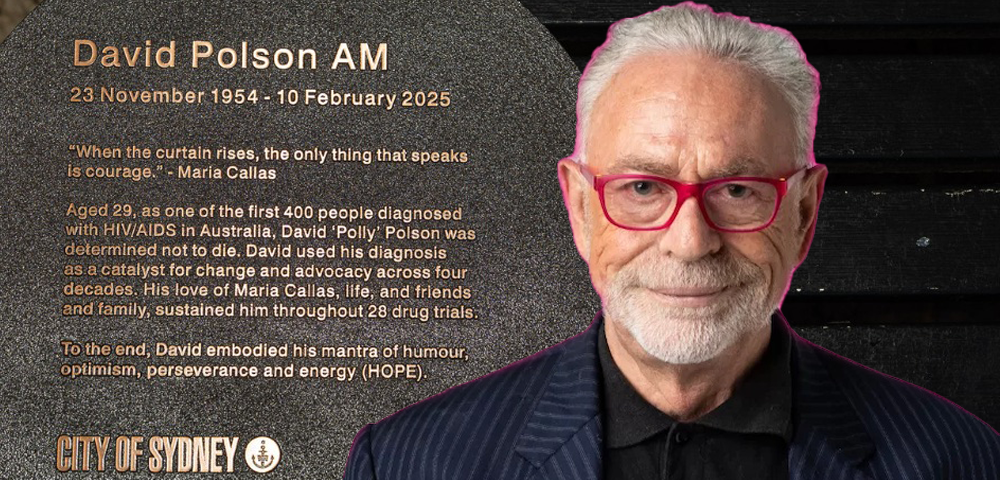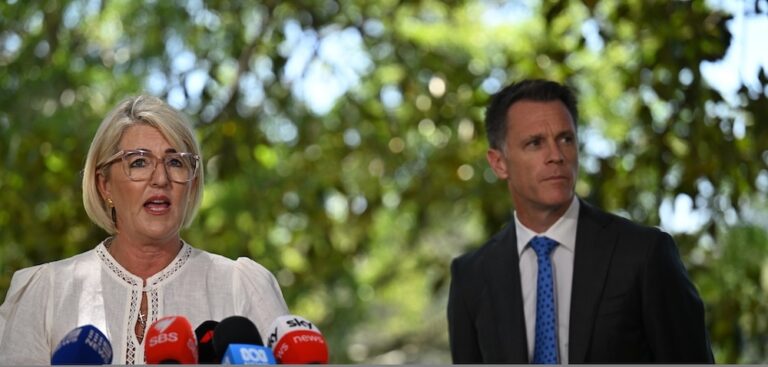
Equality call
More than 260 submissions have been received by the inquiry into financial discrimination experienced by same-sex couples being conducted by the Human Rights and Equal Opportunity Commission.
Among the high-profile organisations to make recommendations are the Australian Council of Trade Unions, The Judicial Conference of Australia and The Association of Superannuation Funds of Australia.
Human rights commissioner Graeme Innes said he was very pleased with the number and range of submissions and was quietly confident the federal government would act on HREOC’s recommendations.
In recent weeks the government has made it very clear it wants to address issues of discrimination affecting people living in same-sex relationships. We want to facilitate that process, Innes told Sydney Star Observer.
Only a handful of submissions were anti-gay, Innes said.
The Judicial Conference of Australia (JCA), representing Australia’s judges, said in its submission it wanted to see federal judges in same-sex relationships afforded the same pension entitlements and retirement benefits as judges in heterosexual relationships.
At present only heterosexual partners of deceased federal judges receive a federal judicial pension. Most states, including NSW, do recognise the pension rights of gay judges.
The JCA considers that Australian judicial officers, like other working Australians, should be able to share the fruits of their labours with their partners of either sex, the submission said.
The Association of Superannuation Funds of Australia (ASFA) highlighted areas where same-sex couples were treated unfairly in superannuation law.
ASFA recommended letting same-sex couples split their superannuation contributions; making them eligible to receive a spouse tax rebate if contributing to a partner’s super; and permitting commonwealth employees to nominate their partner for superannuation death benefits -“ all things heterosexual couples could do.
Monash University’s Castan Centre for Human Rights Law submitted a 24-page document highlighting other areas of discrimination for commonwealth employees, such as the fact they are not entitled to worker’s compensation if their same-sex partner dies in a workplace accident.
The submission by the Australian Council of Trade Unions (ACTU) said under current workplace legislation, carer’s leave could only be accessed by same-sex couples residing together and should be extended to include couples who did not live together or had broken up.
The ACTU also suggested parental leave should include same-sex couples.
The majority of submissions were from individuals who shared real life stories, many of which related to Medicare and superannuation.
One woman wrote to complain that same-sex couples weren’t recognised under Medicare, meaning that heterosexual couples were given higher rebates. A man who had been in a same-sex relationship for 30 years and had three children was angry he had to pay more for Medicare and private health cover than families with heterosexual parents.
A number of public servants complained they were unable to nominate their partner as the beneficiary on superannuation forms.
A gay man in a 10-year relationship who was caring for his invalid partner said he did not receive the same entitlements heterosexual couples would.
The next step in HREOC’s inquiry will be to hold national consultations beginning late July. A final report should be ready for federal attorney-general Philip Ruddock early next year, Innes said.


